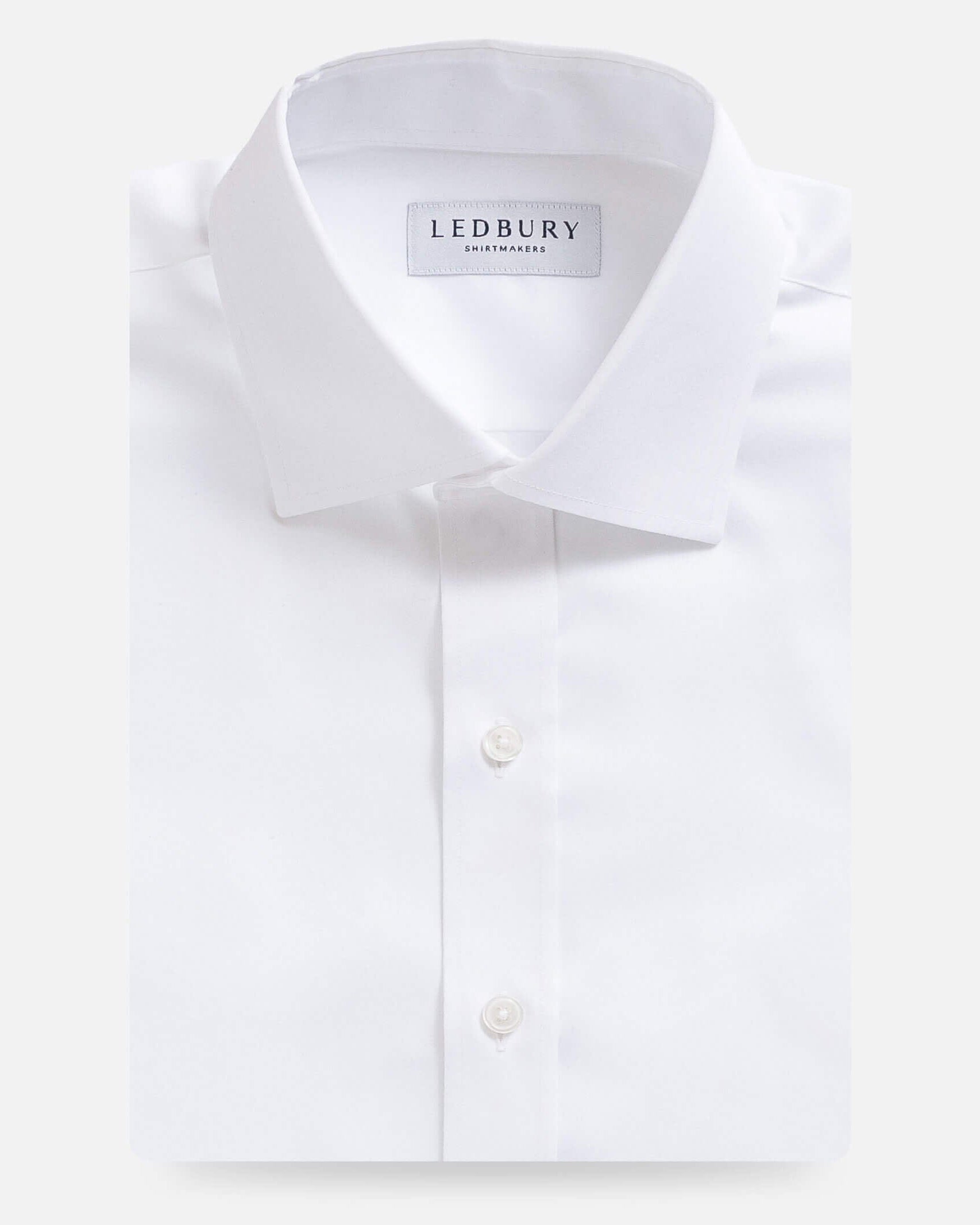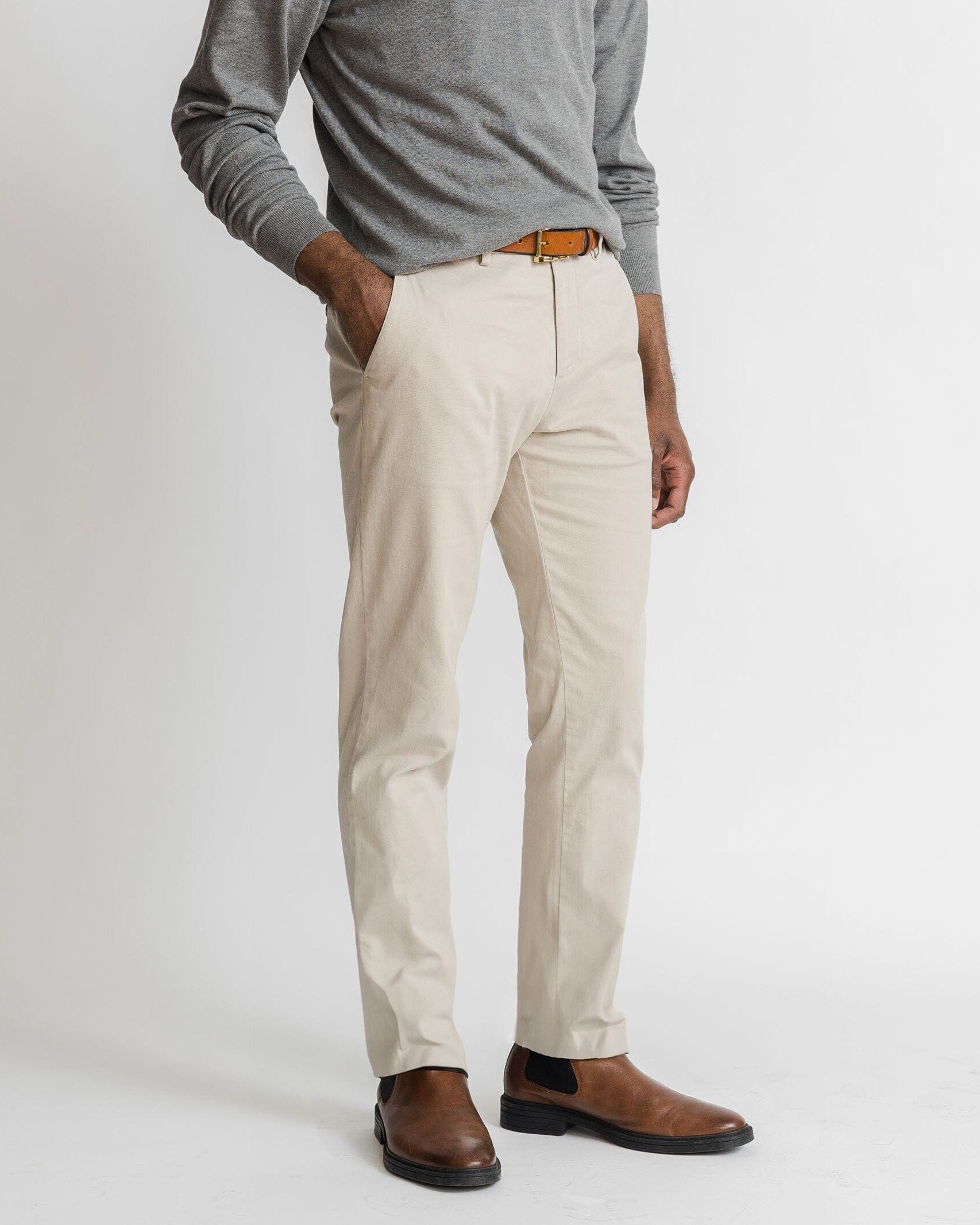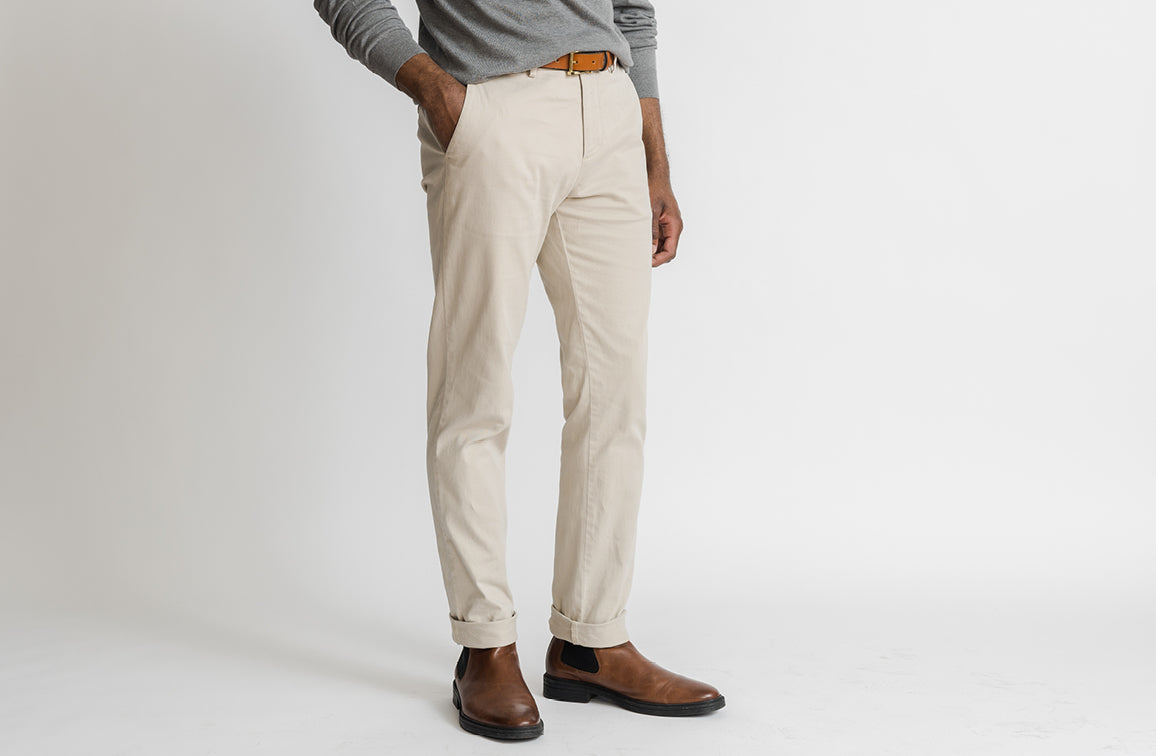





 It is with great excitement that we announce Kuli Kuli as the winner of the Ledbury Launch Fund. It has been an exciting month since the competition began. The number and quality of applicants was tremendous. Our selection committee had a difficult job getting the field down to the final three. In the end, it was Kuli Kuli that emerged from this incredible field of talent and ideas.
Kuli Kuli’s founder, Lisa Curtis, has created an authentic and engaging model for sustainability in the production of energy bars and powders made from the African superfood moringa. We’re proud to support Kuli Kuli and feel fortunate to play a small part in the advancement of this startup. After informing Lisa on her win, we had the pleasure of catching up with her. We discussed how Kuli Kuli directly impacts the lives of people living in West Africa, and how the $25,000 investment will help Kuli Kuli achieve their short and longer term goals.
There’s a strong, driving social mission behind Kuli Kuli that originates from your experience in West Africa. Have you had the opportunity to meet any of the individuals harvesting moringa in West Africa? How has Kuli Kuli directly impacted their lives?
We just started planning a trip to Ghana and Niger. I've been speaking with our moringa farmers on a bi-weekly basis but because we've had such limited resources, I haven't been back to West Africa since the Peace Corps. We're fortunate to have incredible nonprofit partners who work with the women to grow moringa, process it in a way that preserves the nutrients, and sell it locally and to us. Through our moringa purchases, we employ 25 women and help them to earn 5 times to 10 times the average local income. Through our Moringa Partners Program, where we donate 15% of online sales, we've been able to support the development of new moringa programs all over Africa.
Moringa is one of the most nutritious plants in the world and grows naturally in many countries with high rates of malnutrition. We've found that by creating a market for moringa, we're incentivizing more people to grow it, use it locally and earn a sustainable livelihood by selling some of it. Our ultimate goal is to use moringa as a tool to improve nutrition worldwide.
The role of the entrepreneur constantly changes as the business grows. What are you doing now? What do you hope to be doing more of in the future?
Right now I'm spending a lot of my time on sales. This involves a lot of store visits, meeting with buyers and passing out samples. It also involves a lot of driving which I don't love (I'd much rather be on my bike). Now that we have a little more funding, we're beginning to hire Brand Ambassadors across Northern California and the Pacific Northwest who can help evangelize moringa and Kuli Kuli in their local communities. My hope is that once we've built out that network, I'll be able to spend more time on marketing and on our moringa supply chain. I've been really concentrating on making sure that we have demand for moringa in the US before making promises in Africa that we might not be able to keep. We're quickly getting to the point where we have proven demand and now need to scale up our supply chain to meet that demand.
Consumers are becoming more and more conscious of their purchasing decisions, whether if it’s clothing or food purchases. In your opinion, what factors are contributing to this?
Knowledge is power. In the Age of Information, there is no excuse for buying shirts made in a sweat-shop or food made by destructive factory farms. I think millennials in particular want to buy things that help to make the world a better place.
What are some short and long-term goals that you hope for Kuli Kuli to achieve? How will the $25,000 in funding help?
My top two short-term priorities are to build out a full-time team in the US and help our moringa cooperatives get Fair Trade and Organic certified. My long-term goal is to have moringa join the ranks of quinoa and chia in the US as a well-recognized superfood and enable us to support a million farmers.
On a final note, everyone’s been asking us, when can we expect to see Kuli Kuli available here on the East Coast?
We're following the Pop Chip model of expansion where we saturate a region before moving onto a new one. Our current plan is to continue to saturate Northern California, grow in the Pacific Northwest and then begin expanding to SoCal and Colorado towards the end of this year. Depending on how fast we can grow in those regions, we'll then move to the East Coast in 2015.
That being said, anyone on the East Coast can still purchase us via our website or Amazon.
It is with great excitement that we announce Kuli Kuli as the winner of the Ledbury Launch Fund. It has been an exciting month since the competition began. The number and quality of applicants was tremendous. Our selection committee had a difficult job getting the field down to the final three. In the end, it was Kuli Kuli that emerged from this incredible field of talent and ideas.
Kuli Kuli’s founder, Lisa Curtis, has created an authentic and engaging model for sustainability in the production of energy bars and powders made from the African superfood moringa. We’re proud to support Kuli Kuli and feel fortunate to play a small part in the advancement of this startup. After informing Lisa on her win, we had the pleasure of catching up with her. We discussed how Kuli Kuli directly impacts the lives of people living in West Africa, and how the $25,000 investment will help Kuli Kuli achieve their short and longer term goals.
There’s a strong, driving social mission behind Kuli Kuli that originates from your experience in West Africa. Have you had the opportunity to meet any of the individuals harvesting moringa in West Africa? How has Kuli Kuli directly impacted their lives?
We just started planning a trip to Ghana and Niger. I've been speaking with our moringa farmers on a bi-weekly basis but because we've had such limited resources, I haven't been back to West Africa since the Peace Corps. We're fortunate to have incredible nonprofit partners who work with the women to grow moringa, process it in a way that preserves the nutrients, and sell it locally and to us. Through our moringa purchases, we employ 25 women and help them to earn 5 times to 10 times the average local income. Through our Moringa Partners Program, where we donate 15% of online sales, we've been able to support the development of new moringa programs all over Africa.
Moringa is one of the most nutritious plants in the world and grows naturally in many countries with high rates of malnutrition. We've found that by creating a market for moringa, we're incentivizing more people to grow it, use it locally and earn a sustainable livelihood by selling some of it. Our ultimate goal is to use moringa as a tool to improve nutrition worldwide.
The role of the entrepreneur constantly changes as the business grows. What are you doing now? What do you hope to be doing more of in the future?
Right now I'm spending a lot of my time on sales. This involves a lot of store visits, meeting with buyers and passing out samples. It also involves a lot of driving which I don't love (I'd much rather be on my bike). Now that we have a little more funding, we're beginning to hire Brand Ambassadors across Northern California and the Pacific Northwest who can help evangelize moringa and Kuli Kuli in their local communities. My hope is that once we've built out that network, I'll be able to spend more time on marketing and on our moringa supply chain. I've been really concentrating on making sure that we have demand for moringa in the US before making promises in Africa that we might not be able to keep. We're quickly getting to the point where we have proven demand and now need to scale up our supply chain to meet that demand.
Consumers are becoming more and more conscious of their purchasing decisions, whether if it’s clothing or food purchases. In your opinion, what factors are contributing to this?
Knowledge is power. In the Age of Information, there is no excuse for buying shirts made in a sweat-shop or food made by destructive factory farms. I think millennials in particular want to buy things that help to make the world a better place.
What are some short and long-term goals that you hope for Kuli Kuli to achieve? How will the $25,000 in funding help?
My top two short-term priorities are to build out a full-time team in the US and help our moringa cooperatives get Fair Trade and Organic certified. My long-term goal is to have moringa join the ranks of quinoa and chia in the US as a well-recognized superfood and enable us to support a million farmers.
On a final note, everyone’s been asking us, when can we expect to see Kuli Kuli available here on the East Coast?
We're following the Pop Chip model of expansion where we saturate a region before moving onto a new one. Our current plan is to continue to saturate Northern California, grow in the Pacific Northwest and then begin expanding to SoCal and Colorado towards the end of this year. Depending on how fast we can grow in those regions, we'll then move to the East Coast in 2015.
That being said, anyone on the East Coast can still purchase us via our website or Amazon.
We would like to thank all of those who applied, voted and helped us choose the winner. We were overwhelmed by the response. Thread and Shine Craft Vessel Co. were awesome finalists and are making significant contributions in their markets. We look forward to collaborating and supporting these entrepreneurs in the near future.






















































